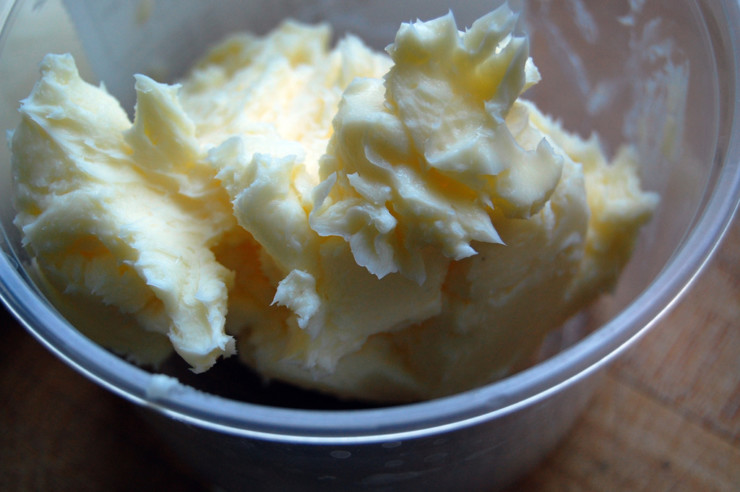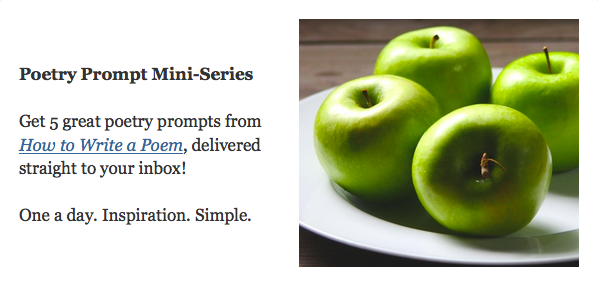
Butter was such an integral part of daily life in the 1600’s that, in Europe, butter consumption was banned during Lent. Lent is the solemn religious season that begins on Ash Wednesday, and ends around six weeks later, before Easter Sunday. Without access to cooking oils, some northern Europeans found that meal-preparation was a struggle. The wealthy parishioners who could not manage without their daily butter fix, would pay the church a large fee for permission to consume the fat during the period of fasting and self-denial. The appetite for this fringe benefit was so great that the Cathedral in Rouen, France was able to build an imposing tower addition from the proceeds of those fees. The tower is known as the “Tour de Buerre, ” or “Butter Tower.”
Being forbidden to eat butter particularly angered the famous German monk, Martin Luther:
‘For at Rome they themselves laugh at the fasts, ‘ he wrote in 1520, ‘making us foreigners eat the oil with which they would not grease their shoes, and afterwards selling us liberty to eat butter ….’
Try It: Butter Poetry
Let the poem, Butter by Elizabeth Alexander inspire your own butter-themed poem:
out, one hundred megawatts of butter.
—by Elizabeth Alexander
What comes to mind when you think of butter? Anything from childhood? Can you draw from memory the rich texture, flavor, and scent of butter slathered on bread? Write a poem about butter and all its buttery goodness.
Click to get FREE 5-Prompt Mini-Series
Thanks to everyone who participated in last week’s poetry prompt. Here is a Monster poem from Rick we enjoyed:
Beast
—for Godzilla
Under the dark tree
trimmed with death masks
of locusts, we played:
crushing the anthills,
descending from black root mountains,
rising from curb lagoons or seas,
to feed upon the villagers.
I have changed my ways:
I ride the uptown bus or
watch your mirrored eyes shift,
from my old Subaru.
I am still feared,
seated and gray, in the isle floor,
reading between Bellow and Camus,
not quite your dream,
stark and serpentine,
from closets or your empty rooms,
touching you in sleep.
Yet, look at me,
when you pass, last row
as the credits roll,
who ascended once on scaled wings
head drawn bellowing back.
Understand why I am last to go
(the achievement is the least),
nor because New York was spared,
but because I loved the beast.
Photo by Brian Boucheron, Creative Commons via Flickr.
Browse more writing prompts
Browse poetry teaching resources

“How to Write a Poem is a classroom must-have.”
—Callie Feyen, English Teacher, Maryland
- Poetry Prompt: Misunderstood Lion - March 19, 2018
- Animate: Lions & Lambs Poetry Prompt - March 12, 2018
- Poetry Prompt: Behind the Velvet Rope - February 26, 2018

Donna Falcone says
Richard! What a monster poem!
Oh this line:
from closets or your empty rooms,
touching you in sleep
love it!
Rick Maxson says
Thanks Donna! As a boy, there was a closet in my room and in it was a wide shelf that lifted up to reveal a hole, dark and foreboding, a hole that seemed bottomless. Many bad dreams rose from that hole to wake me.
Once my sister hid in my closet (I was six and she three) and when I was almost asleep, I saw my clothes move a little, then a little more…I jumped out of bed screaming and dove down the wooden flight of stairs to the first floor. What a fond and funny memory.
Rick Maxson says
Butter Memory
In the tin box, on the porch
peeling letters—Milk.
Yellow, marbled, drifting
down from the crown,
when turned upside down,
cold and sweet and free.
I toast you churned and firm,
but hidden’s best for me.
Elizabeth Marshall says
Forbidden Fruit
Her ugly step-sister
Margarine
Leaves much to be desired
I learned to love
In France
Fresh churned
Far, far away from
Tab and Weight Watchers
And the mandates of the Seventies
Irish, my love
The golden block
Pure, forbidden
I imagine the ways
The imitators pale
In the wake of the regal and real
No longer forbidden
At home
Moderation reclaims the throne
Rick Maxson says
Mmmmm love Irish butter. It deserves a poem!